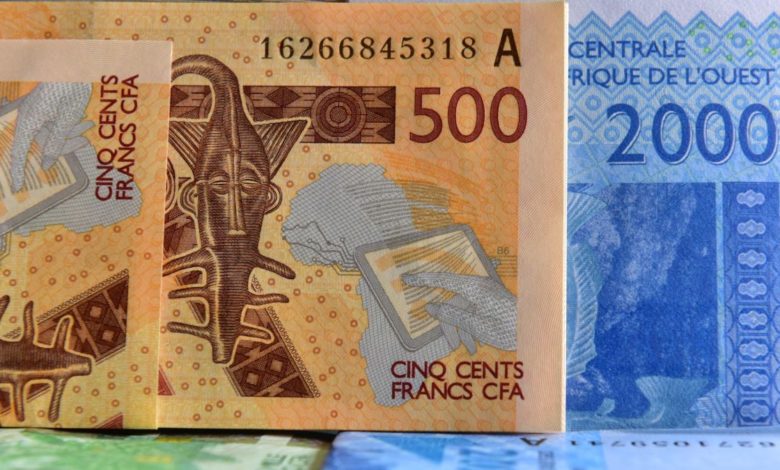Central Africa: Speculations As Plans To Jettison FCFA For The Eco Heightens

The Central African Economic and Monetary Community (CEMAC) appears set to abandon the Franc CFA for the Eco currency, after the West African Economic and Monetary Union (WAEMU).
According to very reliable sources in Cameroon’s economic capital Douala, the “CEMAC countries and France have concluded an accord to leave the CFA to the Eco”.
This information was announced to international investors by senior Cameroonian government officials on condition of anonymity as “the decision is yet to be made public by the relevant government officials on both sides of the agreement”.
The Ministry of Finance official revealed that just as was the case with the WAEMU agreement, the new CEMAC Eco currency would still be linked to the Euro on a fixed parity but the French would no longer have a hand in the regional monetary authority.
According to information gleaned from Agence Ecofin, there would be a slight difference from the WAEMU as the CEMAC countries would no longer be obliged to consolidate their foreign exchange reserves in France.
“When we asked for precisions, the Cameroonian authorities were reluctant to clarify the situation by declaring that (issue of consolidation of reserves in France) for the moment, the status quo relating to monetary cooperation would prevail” as discussions on the subject are yet to be made public.
The information released by the Cameroonian authorities goes in line with what sources at the Bank of Central African States popularly known by its French acronym BEAC revealed recently.
Sources at BEAC reveal that the dossier on the switch-over from the FCFA to the Eco was handed over to the bank under the supervision of the Central African Monetary Union popularly known by its French acronym UMAC in November 2019.
They added that it has already been completely examined and is only waiting for the signature of President Biya of Cameroon who is the current president of CEMAC.
“Our friends at WAEMU took the decision to create the Eco. But naturally, the Eco has an echo in Central Africa.
“We are negotiating… Thus the dossier is on the move”, revealed Daniel Ona Ondo, President of the CEMAC Commission during a visit in early February 2020 to President Ali Bongo in Libreville, Gabon.
Financial and diplomatic sources say the prudence with which the CEMAC countries are handling the negotiations with France on the switch-over to the Eco is understandable following the uproar that greeted the announcement by the WAEMU countries to switch to the Eco, leading to the current impasse in implementing the decision.
There is a plurality of opinion within the African community against continued monetary cooperation between African countries and former colonial masters which is seen as monetary servitude, especially the French inclination to maintain a stranglehold on monetary initiatives in its former colonies of sub-Saharan Africa.
There is also Nigeria, a petroleum and economic power in Africa, which, though not having an alternative to propose that would guarantee monetary stability, has through its president Muhammadu Buhari, strongly opposed the participation of foreign interests in the process leading to the creation of the Eco.
The Nigerian stand has the support of some CEMAC leaders and monetary experts such as President Obiang Ngueme Mbasogo of Equatorial Guinea.
During a CEMAC heads of state meeting held in Yaounde on November 22, 2019, he said, “We have examined this question which consists of liberating ourselves from our monetary partners, because we are already a sub region capable of taking charge of our plans”.
On his part, President Sassou Nguesso of Congo Brazzaville during the same meeting declared that “This is a question being talked about all over the place including in the press. But it is a sensitive point which has to be handled responsibly”.
The position of Cameroon would finally be very preponderant in the final decision to be taken.
Besides presiding over CEMAC, Cameroon is the leading economy in the sub region with the most important exchange reserves in the operations account of BEAC.
It is almost certain Cameroon does not want to be seen as being in conflict with its giant neighbour, Nigeria.
Support Our Journalism
There are millions of ordinary people affected by conflict in Africa whose stories are missing in the mainstream media. HumAngle is determined to tell those challenging and under-reported stories, hoping that the people impacted by these conflicts will find the safety and security they deserve.
To ensure that we continue to provide public service coverage, we have a small favour to ask you. We want you to be part of our journalistic endeavour by contributing a token to us.
Your donation will further promote a robust, free, and independent media.
Donate HereStay Closer To The Stories That Matter




